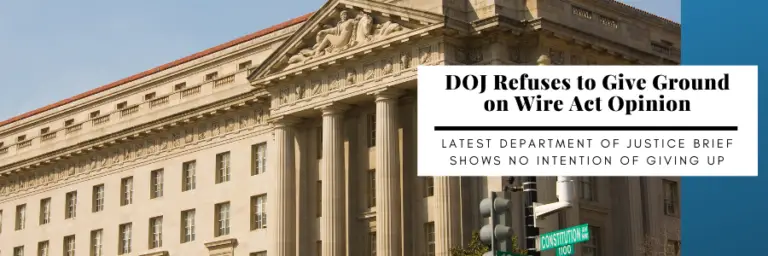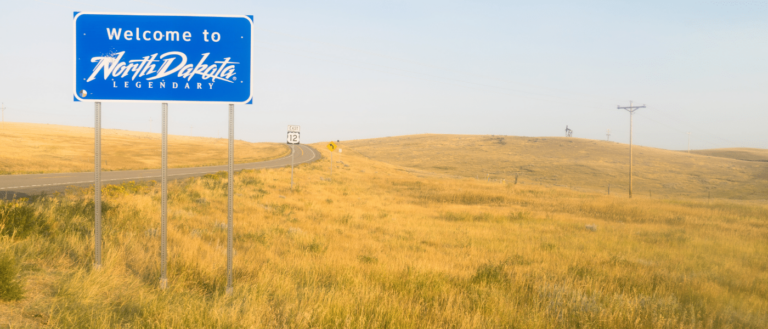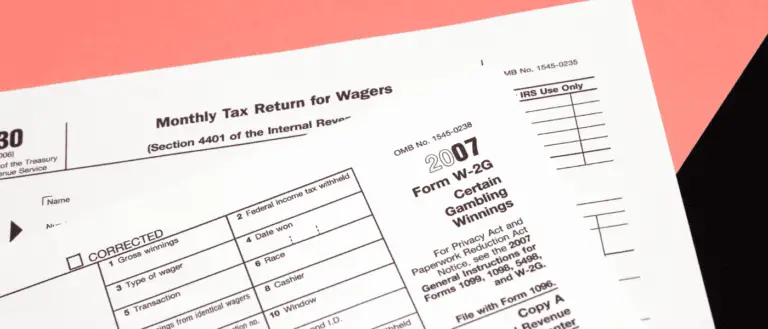Greyhound Protection Act: Federal Legislation to Ban Greyhound Racing

The US greyhound racing betting industry has experienced a dramatic decline since its peak in the 1980s. Today, West Virginia is the only state where greyhound racing still occurs.
Most of the nation’s greyhound race tracks closed for financial rather than legal reasons, and the sport is still legal across much of the United States. Although it seems highly unlikely greyhound racing will experience a resurgence in the United States, numerous lawmakers have cosponsored legislation to ensure that never happens and end greyhound racing in its last holdout state.
Introducing the Greyhound Protection Act
Lawmakers have tried to ban greyhound racing at the federal level three times since 2020. A group of lawmakers cosponsored the Greyhound Protection Act in 2020, 2021, and 2023:
- HR 7826: Greyhound Protection Act of 2020 (Sponsored by Rep. Tony Cárdenas; 15 cosponsors)
- HR 3335: Greyhound Protection Act of 2021 (Sponsored by Rep. Tony Cárdenas; 104 cosponsors)
- HR 3894: Greyhound Protection Act of 2023 (Sponsored by Rep. Salud O. Carbajal; 77 cosponsors)
Although the second and third attempts attracted many more cosponsors, none of the proposals made it to a vote, and they all died in the House.
All three attempts failed to yield results due to competing priorities in Congress, concerns about the economic impact on racing-dependent communities, and pushback from industry stakeholders.
When Rep. Tony Cárdenas introduced the Greyhound Protection Act for the first time, he explained the bill’s intent in a statement:
Greyhound racing is cruel and must end. These docile animals are kept in stacked cages for 20 hours or more a day and are subjected to brutal training practices and races, facing the risk of injury and death at every turn. My bill allows for a sensible wind-down of an already-declining industry that will ultimately outlaw greyhound racing. As a longtime animal welfare advocate, I am committed to always speaking up for the voiceless.
A short introduction to the bill explained that it sought to amend the Wire Act to clarify that it prohibits betting on greyhound races and open field coursing using wire communication technology.
A statement from Animal Wellness Action President Wayne Pacelle included in Rep. Cárdenas’ press release explained that the bill sought a “soft landing” for all involved in the industry:
Greyhound racing will soon end in the United States, and this bill allows for a managed phase-out of the activity to enable planning to provide homes for the dogs and certainty for the owners, workers, and breeders in the industry. Greyhound racing is dying, and it’s best to manage the shutdown of the industry to allow for a soft landing for the people and the animals involved.
However, none of the three versions of the Greyhound Protection Act as introduced included language assuring a “soft landing.”
Bill Introduced Following GREY2K USA Investigation
Numerous states have passed or considered legislation to ban greyhound racing within their borders, but HR 7826 was the first of its kind to be introduced at the federal level.
The bill was introduced in the wake of an investigation by advocacy group GREY2K USA into live lure training at facilities in Kansas, Oklahoma and Texas. Live lure training, in which small animals are dangled in front of greyhounds or simply set loose to be chased and torn apart by greyhounds, is illegal in some states and largely prohibited in the industry.
Videos released by GREY2K USA allegedly showed trainers releasing live rabbits and then setting packs of greyhounds loose on them to predictable results.
In a press release, GREY2K USA said it had provided video and other details to authorities in Kansas, Oklahoma, Texas and other states where greyhound racing was conducted. According to GREY2K USA, live lure training is a criminal act in those states and could be prosecuted federally under the Animal Cruelty and Torture Act of 2019.
Greyhound Racing Was Already on Its Last Legs
The introduction of legislation to end greyhound racing at the federal level would only be the last and final blow to an industry already facing steep declines in revenue and increased scrutiny related to animal welfare.
Arkansas, Florida, West Virginia and Iowa were the only states with greyhound race tracks still operational when Cárdenas first introduced his bill in 2020.
However, the remaining greyhound tracks in most of those states were already living on borrowed time:
- Florida Racing: All Florida greyhound racing was already scheduled to end on January 1st, 2021
- Iowa Racing: Iowa held its last greyhound race in May 2022
- Arkansas Racing: Southland Greyhound Park (now Southland Casino Hotel) held the state’s last greyhound race in 2022
- Texas Racing: Texas had greyhound racing in 2020, but its last active greyhound racetrack closed permanently just a month before Cárdenas introduced his bill
Today, West Virginia is the only state with active greyhound races and no plan to end them. Two West Virginia race tracks host the nation’s only legal greyhound races.
With most other states either already opposed to greyhound racing or lacking active race tracks, the viability of the industry was already in question even before Congress took up the issue at the federal level.







